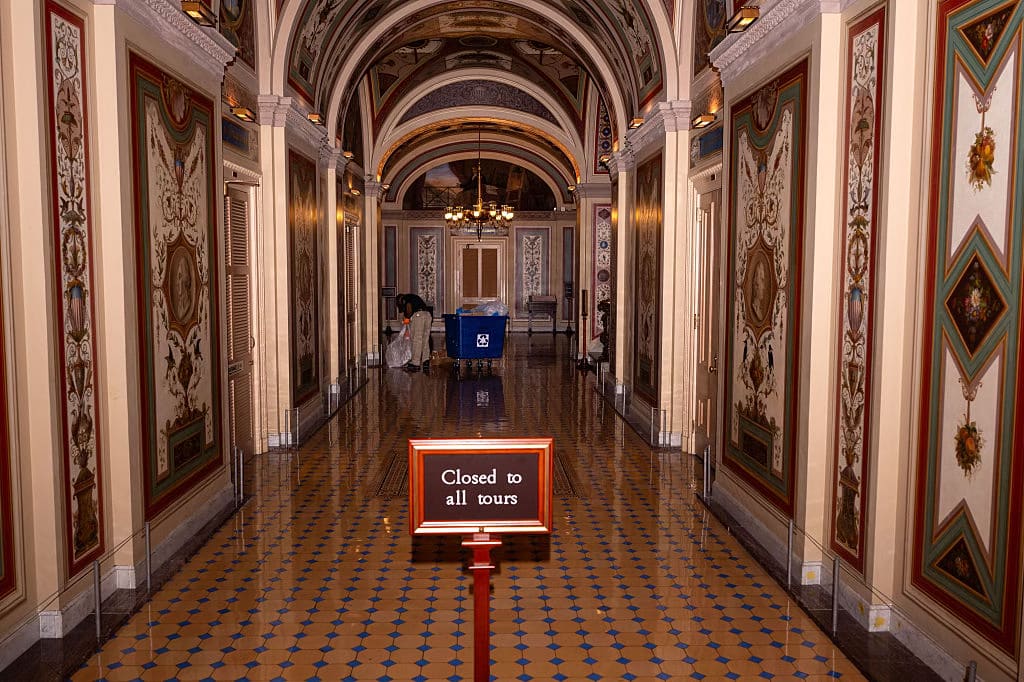3 big reasons to buy long-term care insurance in your 50s
The rising cost of healthcare has led many Americans to take on a significant amount of debt to get the care they need. More than 40% of Americans reported having medical debt in early 2024, according to KFF.org, an independent health policy research organization.
Affording necessary medical care may be even more difficult for those on a restricted budget, like recent retirees or seniors. For example, only 28% of people ages 50 to 64 say they have enough money to cover future living expenses, according to KFF. That could put them in a difficult position should unexpected long-term medical costs arise.
This doesn't have to be the case, though, as there are insurance options that can help cover the long-term costs of nursing home care, adult day care, in-home assistance or assisted living facilities, such as long-term care insurance. Purchasing this type of coverage when you're younger can make sense, experts say. Here's why experts say purchasing a long-term care insurance plan in your 50s can be a smart move.
Start comparing your long-term care insurance policy options online now.
3 big reasons to buy long-term care insurance in your 50s
Here are a few reasons you should consider buying a long-term care plan in your 50s, experts say.
A policy typically costs less at that age
One of the primary reasons for buying long-term care insurance in your 50s is that buying a policy at a younger age can result in more affordable premiums, experts say.
Generally speaking, the younger you are when you purchase a long-term care insurance policy, the less expensive it is, according to Abrin Berkemeyer, certified financial planner at investment firm Goodman Financial.
You may be paying that lower premium for a longer period than if you waited 10 years to buy the policy because, hypothetically speaking, the age at which you will have a long-term care event isn't changing, Berkemeyer says.
That's also why waiting until your 60s to purchase long-term care insurance often increases the costs for the same coverage, says Berkemeyer.
Find out more about the long-term care policies available to you today.
You could be more insurable in your 50s
Another reason why you may want to buy long-term care insurance in your 50s is there's a greater chance you're still insurable, especially if you're still healthy.
"Most of us are still insurable in our 50s and that is the one thing that isn't guaranteed as we get older," Domenick D'Andrea, certified plan fiduciary advisor, co-founder and financial advisor at DanDarah Wealth Management, says.
Berkemeyer cautions against waiting until you're in your 60s to purchase a long-term care plan, as it could be to your detriment if your health deteriorates between your 50s and when you decide to buy a policy.
If you have a negative health event while you are waiting to pursue coverage at a later age, you could find yourself uninsurable and no longer able to purchase the coverage you once desired, Berkemeyer says.
There may be more options to choose from
When you purchase long-term care insurance in your 50s, you may have a better chance of finding the company that offers the best policy for you, experts say.
Some [insurance] companies limit options as we get older, says D'Andrea. As a result, you're more likely to have more companies to choose from in your 50s.
Factors to consider before purchasing a policy
If you plan to purchase long-term care insurance in your 50s, experts say there are some things to consider. For example, you should consider whether you can afford the cost of long-term care insurance in retirement.
D'Andrea says he considers the client's assets when helping them make these types of decisions.
"I want to make sure that this is a purchase that they can pay through retirement bearing any unforeseen expenses," D'Andrea says. "If they haven't been able to save or will potentially live paycheck to paycheck in retirement, I won't even bring it up.
"If you have to choose between rent, food and long-term care coverage, the latter is probably not for you," says Michael Hausknost, a certified financial planner based in Los Angeles, California.
Or, if you're on the other side of the spectrum and can easily afford to self-insure, Hausknost notes you may not need a long-term care policy.
Finding the best long-term care insurance in your 50s
Berkemeyer says one of the best ways to purchase long-term care insurance is through a broker that can provide multiple quotes across carriers. He also recommends working with someone with the Certification for Long-Term Care (CLTC) designation to find out what type of policy and provisions best match your unique goals.
D'Andrea, on the other hand, says that if cost is the only deciding factor, it makes sense to purchase it through your employer if you have a group benefit since it can be cheaper.
The downside to that strategy, though, is that the policies offered by employers typically don't come with all the bells and whistles that are available on the open market, D'Andrea says. So, if you can afford higher premiums and want more features, purchasing a policy on the open market could be the better route.
The bottom line
Buying long-term care insurance in your 50s can be a wise move, experts say. After all, you haven't likely experienced any major health events that would make you insurable or drastically increase the price of coverage. But before you buy a long-term care plan, review your financial plan to ensure it fits your budget and goals. If you need help choosing a policy, D'Andrea recommends contacting a financial advisor.






